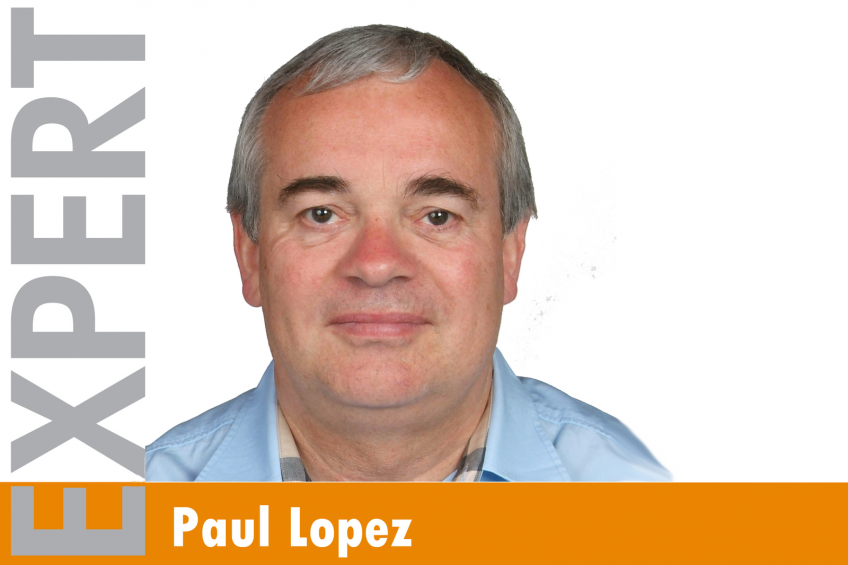“Matching local demand and globalisation”

European poultry meat complies with the highest standards in the world. In terms of volume, poultry meat is the most imported meat in the European Union at more than 800,000 tonnes and is the second most exported meat at more than 1.5 million tonnes.
European consumers encounter imported poultry meat in further processed products or at restaurants, caterers, etc. Since the standards for the imported poultry are not identical to European standards, AVEC is strongly advocating mandatory labelling that indicates the origin of poultry meat in further processed products and on the menus of restaurants, thus enabling consumers to make an informed choice.
The reduction of Campylobacter in poultry is a big challenge and AVEC members are strongly committed to the “farm to fork” policy of the European Union. They are confident that, in the end, European policy and practice will bring success in the fight against Campylobacter, as it did in the case of Salmonella. The poultry industry considers the use of chemical substances as a move away from the European “farm to fork” policy. The authorisation of such use, as is happening in third countries, is therefore firmly rejected. The European poultry business finds it entirely unacceptable that the European Union is unable and/or unwilling to impose identical standards on poultry meat from third countries.
This is impacting on the competitive power of European producers, which is further undermined by the interpretation of the food hygiene legislation. The technology and technics used in the production of poultry, resulting in the presentation of poultry meat in many forms to consumers, is characterised by a high degree of mechanisation and automation. The use of machines for deboning the meat, resulting in fragmented meat, is a practice applied internationally. In its instructions to the competent authorities in the Member States, the European Commission is not allowing for a differentiation between mechanically deboned meat (MDM) and mechanically separated meat (MSM). The devaluation or degradation of part of our poultry meat according to the European interpretation is lowering revenue. It may even create extra costs for the producers in the EU-28 through food waste if more MSM ends up as raw material for pet food.
As I told the delegates at the 58th AVEC General Assembly recently, there is a great challenge to face in “Matching local demand and globalisation in the poultry value chain”. The poultry sector has had a strong market orientation for decades. This gives me the confidence that business operators will be able to meet the demand from citizens and consumers.






![Birthe Steenberg, AVEC’s Secretary General: “Our [poultry] sector operates under the highest standards of animal welfare, biosecurity and sustainability in the world. Photo: Canva](https://www.poultryworld.net/app/uploads/2024/10/Untitled-design-79-389x260.jpeg)






